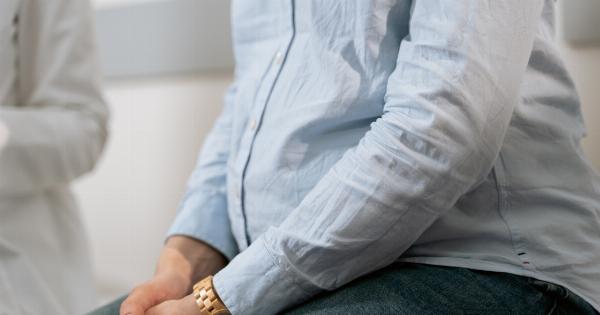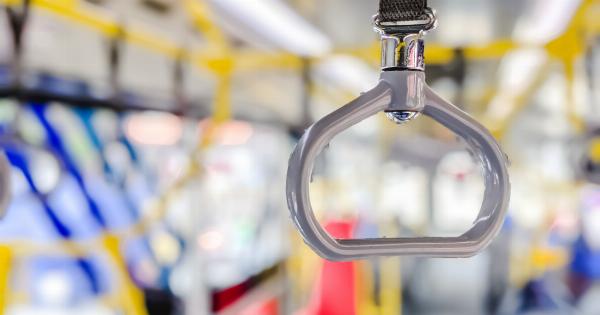Do you love your daily cup of coffee or tea, and find it hard to imagine starting your day without that caffeine boost? If you are expecting a baby or planning to become pregnant, it is important to understand the potential effects of caffeine on your pregnancy. While moderate caffeine intake is generally considered safe, excessive consumption may pose risks to both you and your unborn child. In this article, we will explore what every expecting mother needs to know about caffeine consumption during pregnancy.
What Is Caffeine?
Caffeine is a naturally occurring stimulant found in various seeds, leaves, and fruits of plants. It is primarily known for its ability to increase alertness and reduce fatigue.
Caffeine is commonly found in beverages, such as coffee, tea, energy drinks, colas, and even some medications like cold and headache remedies.
How Does Caffeine Affect Pregnancy?
When consumed, caffeine easily crosses the placenta and reaches your developing baby. However, since the unborn child’s metabolism is still developing, it takes much longer for them to break down and eliminate caffeine from their system.
This means that caffeine may have a more significant impact on the baby’s health compared to its effects on adults.
Caffeine has been associated with various pregnancy-related concerns, including:.
Increased Risk of Miscarriage
Some studies suggest that high caffeine intake during pregnancy may increase the risk of miscarriage. While the evidence is not definitive, it is recommended to limit caffeine intake to reduce the potential risk.
Reduced Fetal Growth
Excessive caffeine consumption has also been linked to reduced fetal growth and low birth weight. The stimulant properties of caffeine can restrict blood flow to the uterus, affecting the oxygen and nutrient supply to the baby.
Possible Preterm Birth
Research indicates that consuming large amounts of caffeine during pregnancy might slightly increase the risk of preterm labor or delivering the baby before 37 weeks of gestation.
Impact on Baby’s Sleep Patterns
Caffeine can affect the baby’s sleep patterns. Since caffeine is a stimulant, it can make it difficult for the baby to settle and sleep, both in the womb and after birth.
Caffeine Content in Various Beverages
It’s important to be aware of the caffeine content in different beverages. Here is a rough guideline for caffeine content:.
- Coffee (8 oz): 95-200 mg
- Black tea (8 oz): 14-70 mg
- Green tea (8 oz): 24-45 mg
- Cola (12 oz): 30-70 mg
- Energy drinks (8 oz): 40-250 mg
It’s crucial to note that caffeine may also be present in certain foods, such as chocolate and some medications.
Always check labels and consult with your healthcare provider if you’re unsure about the caffeine content of a particular product.
Safe Caffeine Limits during Pregnancy
Although complete avoidance of caffeine is not necessary, it is recommended to limit its consumption during pregnancy.
Many experts suggest that keeping your daily caffeine intake below 200 mg (about one 12 oz cup of coffee) is generally safe for most pregnant women. However, it’s important to remember that everyone’s sensitivity to caffeine differs, and some may need to cut back further.
Alternatives to Caffeine
If you are looking for alternatives to caffeine during pregnancy, there are several options available:.
- Decaffeinated coffee or tea
- Herbal teas (caffeine-free)
- Fruit-infused water
- Natural fruit juices
These alternatives can help satisfy your taste buds without the caffeine content.
Conclusion
Understanding the impact of caffeine consumption during pregnancy is essential for every expecting mother. While moderate caffeine intake is generally considered safe, excessive consumption may pose risks to both you and your baby’s health.
It’s crucial to consult with your healthcare provider to determine the right amount of caffeine for you and incorporate healthier alternatives into your routine. Remember, a healthy pregnancy is all about making informed choices!.



























